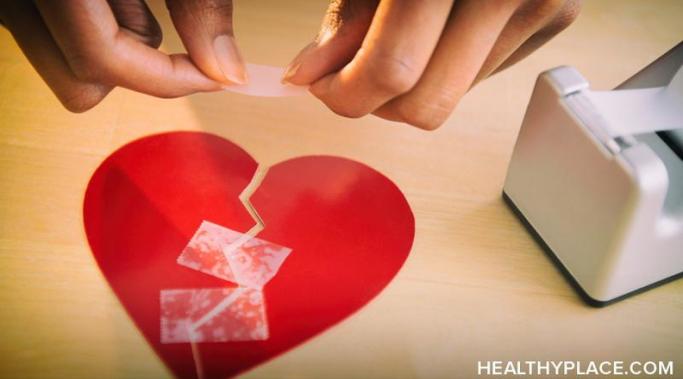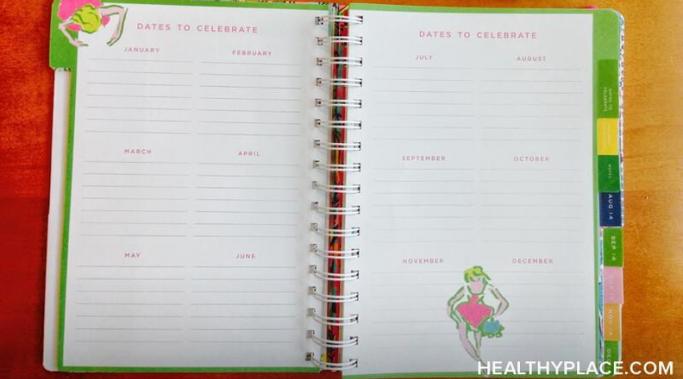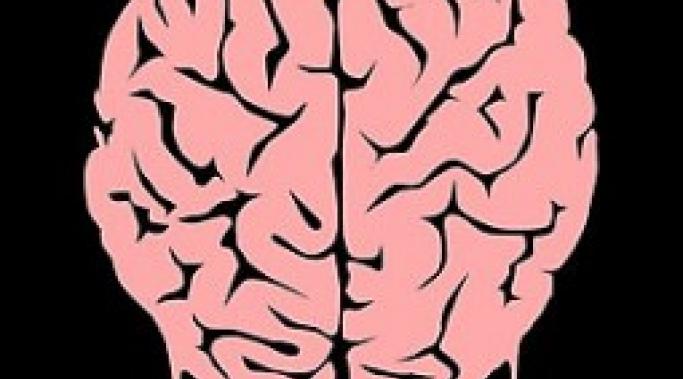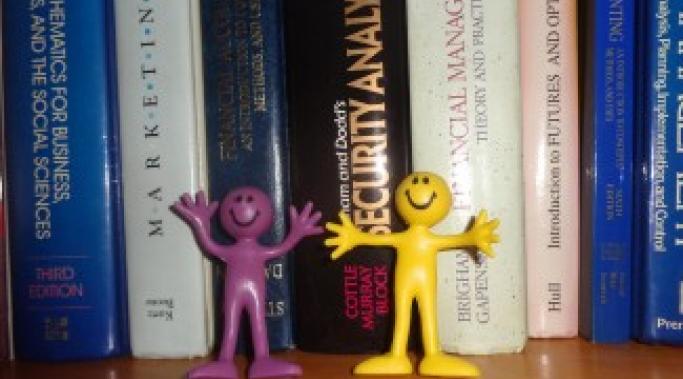Most people with anxiety need to find ways to lower their cortisol levels to lower their anxiety. Cortisol is a chemical produced by your adrenal glands. It's an important part of overall, robust health, because cortisol gives you the energy to face challenges and move past them. But, too much cortisol in your bloodstream causes and/or exacerbates anxiety, and can also wreak havoc on your health in lots of other ways. As part of self-help stress management, it's important to find ways to lower your overall cortisol levels. Lowering cortisol also lessens anxiety disorder symptoms.
Anxiety Management – Treating Anxiety
It's no secret that managing anxiety in love relationships can be tricky. That's because nothing can trigger anxiety like the intimacy and vulnerability of a relationship. It takes a lot for an anxious person to risk having their anxiety seen by an intimate partner, and that's why it's crucial to have some ways to manage anxiety when you find yourself in a love relationship.
If you're an anxious person, working at a job that's anxiety-friendly can be a huge benefit to your life. So many people with anxiety disorders struggle with work because of the difficulty of social interaction and other job stressors. Work is anxiety-provoking for everybody to some degree, but, if you have anxiety, anxiety at work can be truly hellish. That's why it's important that us anxious types find jobs that take our anxiety into account. This week, we'll explore 10 of the most anxiety-friendly jobs out there.
In last week's post, I talked about some of the reasons why anxiety disorder makes you so tired. The sheer weight of the tiredness that often goes with anxiety disorder can be very discouraging, and solutions for that weariness can sometimes seem impossible. But, there are ways to manage it, that, while not a cure-all, can make living with the exhaustion of anxiety doable. This week, we'll talk about ways that you can manage your anxiety disorder exhaustion.
Years ago, a good friend of mine who also struggles with anxiety told me a story about how she sees her disorder. She said she visualizes her anxiety as the Incredible Hulk -- a 1000-pound green monster that, when it comes out, threatens to flatten her entire landscape. She said it can't be bargained with, and it can't be reasoned with. "But," she said, "it can be contained. I can keep it in check, and eventually put it back in its cage, but I have to be ready. That's why I always keep my emergency anxiety toolkit handy."
Planning for the future when you have anxiety can feel utterly impossible. The paralysis, chronic avoidance, and feelings of spinning craziness going on between your ears is something you have to experience for yourself to really understand. And while it's true the future is uncertain, part of being an adult means becoming reasonably proficient at anticipating and planning for the semi-predictable arcs of life: career, finances, health, family, and aging.
It seems like there is a lot of discussion these days about self-medicating for anxiety. For those who aren't familiar with the term, self-medicating generally means using alcohol or other recreational drugs like marijuana to manage the symptoms of anxiety. It's also possible to self-medicate with behaviors like eating, shopping, gambling, and sex. The overall position within most mental health communities -- including HealthyPlace -- is that self-medicating is generally a bad idea. While I don't disagree, I think the topic is more complex than it appears, especially when you factor in addiction.
It's not exactly news that living with anxiety can warp our perceptions of other people, especially their intentions toward us. Social anxiety can make the world, and the people in it, seem mean-spirited, harsh, or even cruel. For me, I judge others in a very negative light when I'm in the grip of a particularly severe episode of anxiety. I expect the worst from people, and am still often surprised when I don't actually get it. That's because most people are significantly nicer than my anxious brain's perception would have me believe. The good news is, I'm getting better at remembering this while it's happening and social anxiety doesn't warp my perceptions as often or as severely as it once did.
I've got generalized anxiety disorder (GAD), and I've also got some serious issues with concentration. As in, my ability to concentrate on almost anything for more than five minutes at a time stinks. There are some days when I can barely string two coherent thoughts together, and I swear my brain is turning into mush.
While it's true that a lot of peripheral detail goes by the wayside, I have a core self that functions reasonably well in the world despite the stress of managing anxiety. Maybe I'm also just getting more comfortable with being a middle-aged slob. I don't know. But I consider myself lucky that I function as well as I do. I know lots of others aren't so lucky.
I've been skeptical about helpful quotes and positive affirmations for a long time. To me, they smack of the denial present in some forms of positive thinking: keep up a cheerful facade, and everything will be fine.
I'm not down with this type of philosophy. Anxious people with low self-esteem also need the freedom to acknowledge their struggles in a safe environment, free from judgmental stigma and the oppression of relentless optimism. Sometimes, we need to talk about how not fine everything is.
However, some people swear by the power of positive affirmations. An enormous self-help movement, from Louise Hay to Tony Robbins, has been built on the premise that positive statements about ourselves not only make us feel better, they can heal our lives/minds/bodies/souls/children/parents/goldfish. Oh, and our dogs, too.
So, do positive affirmations really help repair our sense of self-worth? Well, it depends.









